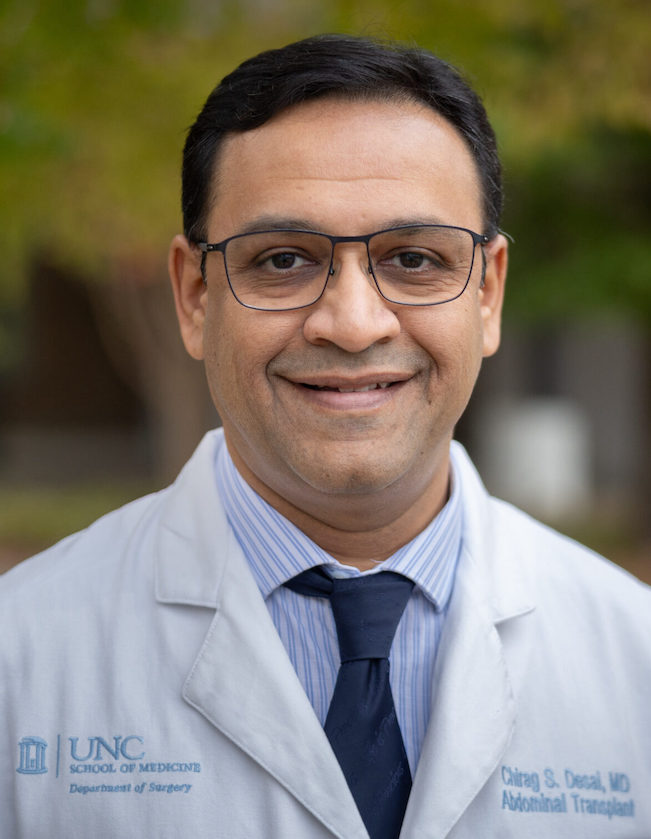
- This event has passed.
Population-Based Studies of SARS-CoV-2 Seroprevalence in North Carolina: The Chatham County COVID-19 Cohort and Beyond
March 19, 2021 @ 9:00 am - 10:00 am
Ross Boyce, MD, MSc
Assistant Professor of Medicine, UNC Infectious Diseases
Allison Aiello, PhD
Professor of Epidemiology, UNC Gillings School of Global Public Health
 After service with the U.S. Army that included two deployments to Iraq in a variety of leadership positions and earning three Bronze Star Medals, Ross Boyce attended medical school at UNC and also earned an M.Sc. in public health from the London School of Hygiene & Tropical Medicine, focusing his thesis on the control of Dengue vectors. During his residency at Massachusetts General Hospital, he worked with partners at the Mbarara University of Science and Technology (MUST) and Epicentre Mbarara Research Base to establish an active malaria research program in the highlands of western Uganda.
After service with the U.S. Army that included two deployments to Iraq in a variety of leadership positions and earning three Bronze Star Medals, Ross Boyce attended medical school at UNC and also earned an M.Sc. in public health from the London School of Hygiene & Tropical Medicine, focusing his thesis on the control of Dengue vectors. During his residency at Massachusetts General Hospital, he worked with partners at the Mbarara University of Science and Technology (MUST) and Epicentre Mbarara Research Base to establish an active malaria research program in the highlands of western Uganda.
Boyce’s international research focuses on the spatial epidemiology of malaria and vector-borne diseases in East Africa, particularly in rural, underserved communities. He is the principal investigator on studies funded by the NIAID and Bill & Melinda Gates Foundation, among others. More locally, he leads a multi-disciplinary research collaboration, the Vector-Borne Disease Epidemiology, Ecology, and Response Hub, focused on issues of tick- and mosquito-borne diseases endemic to North Carolina. The collaboration includes investigators from diverse fields including clinical medicine, epidemiology, immunology, entomology, geography, and veterinary science with partners at North Carolina State University, the NC Division of Public Health, and Fort Bragg, among others.

Allison Aiello directs the Graduate Studies Committee and is a Carolina Population Center Fellow She has been conducting applied research on prevention of respiratory infections in the community setting for over 15 years. She has led several large research studies of prevention for pandemic respiratory infections in the community setting, where she has tested the effectiveness of hand hygiene, mask use, and staying home while ill for reducing respiratory infection transmission. Her research findings have contributed to global and national guidelines on pandemic preparedness, personal protective measures, and hand hygiene in the clinical and community setting.
Aiello’s work has also uncovered markers of immunity and immune response to infection as the basis for a biopsychosocial pathway linking stressors to immunological aging and other health conditions. Her work has shown that infection and aging of the immune system is profoundly shaped by economic inequities and other chronic stressors, resulting in significant variations in immune response at the population level.



